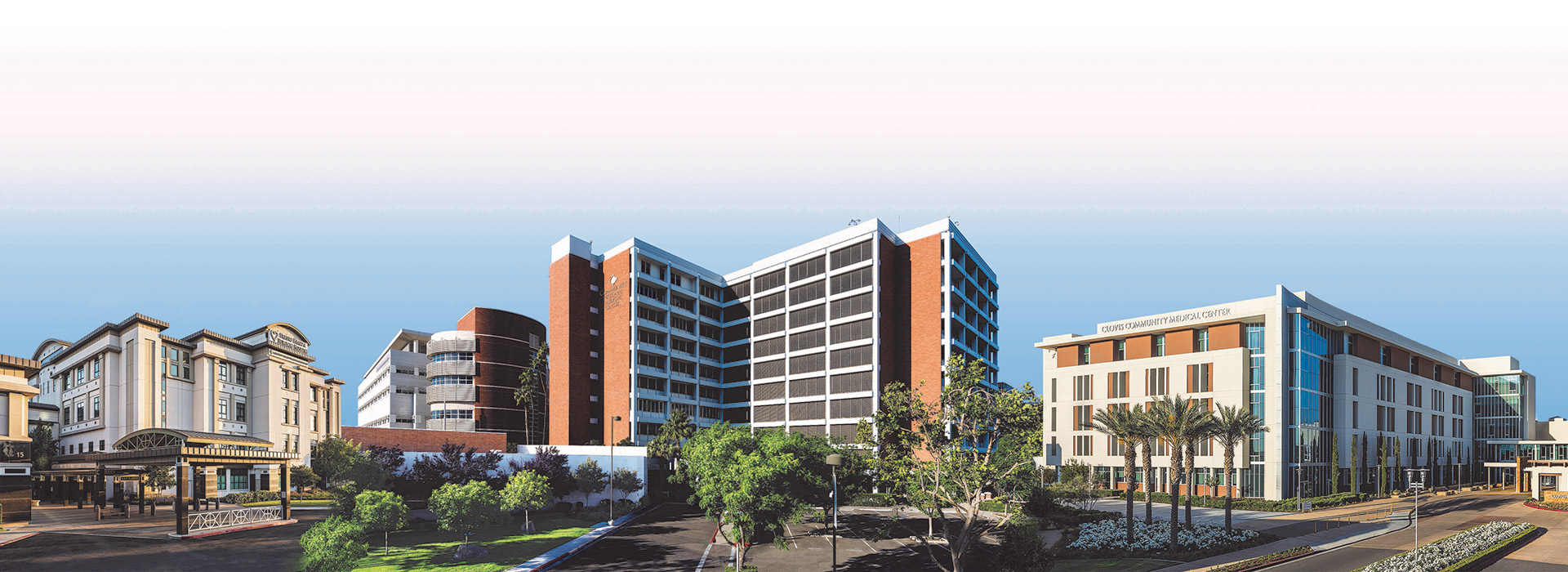 Dr. Higa, a frequent international bariatric surgery lecturer, was recently honored for his service as past president of the American Society of Metabolic and Bariatric Surgeons (ASMBS) and voted one of the “surgeons who made a difference” by the American Society for Metabolic and Bariatric Surgery and by The Obesity Society at their first combined conference and obesity week.
Dr. Higa, a frequent international bariatric surgery lecturer, was recently honored for his service as past president of the American Society of Metabolic and Bariatric Surgeons (ASMBS) and voted one of the “surgeons who made a difference” by the American Society for Metabolic and Bariatric Surgery and by The Obesity Society at their first combined conference and obesity week.
Dr. Higa presented six different lectures at the conference. We caught up to Dr. Higa, medical director of Fresno Heart & Surgical’s bariatric and metabolic surgery program, to ask him a few questions:
Q. You’ve been called a “pioneer of laparoscopic bariatric surgery.” When did you start as a bariatric surgeon and what kinds of things did you pioneer in this specialty?
Dr. Higa: I started bariatric surgery well after completing surgical training in the early 90’s. I was fortunate to work with Dr. Dennis Flora, my senior partner, who performed the gastric stapling and gastric bypass through traditional open incisions.
After developing a technique to perform the open surgery through a single three to four inch incision, I became aware of Dr. Alan Wittgrove’s laparoscopic approach. But I was interested in performing the critical anastomosis between the stomach pouch and intestine hand-sewn, rather than by stapling. This was considered too difficult at the time; but I was convinced that it was safer, and resulted in less leaks. It took several years and the use of Stanford University’s animal lab to develop the technique. We were able to bring to the world of bariatrics a reproducible, efficient, and effective procedure that could be accomplished in less than an hour, when most other centers were taking 3 to 4 hours.
In addition, we were able to develop techniques that allow us to perform laparoscopic procedures even after open, traditional operations. In essence, we were able to mainstream what was considered one of the most difficult operations in all of surgery and bring treatment options to many more patients world-wide.
Q. How many bariatric surgeries do you estimate you’ve done since you started?
Dr. Higa: Between 5,000 to 7,500, I suspect.
Q. Given how many patients you’ve treated over the years, have you seen patients’ reasons for getting bariatric surgery change? And have you seen a difference in the kinds of patients that are coming to you now compared to when you first started in this field?
Dr. Higa: In the beginning, it was all about weight loss for most patients. Science has shown the futility of most diet and exercise programs. And the effectiveness of modern bariatric/metabolic operations are undeniable. However, today we know of the long-term benefits of the procedures with respect to treatment of diabetes, cholesterol, sleep apnea and hypertension.
In addition, we now know of the long-term effects of decreasing cancer risks after surgery brought forth in the 20-year Swedish Obesity Study and other studies from Utah and Canada. In randomized trials, surgery is much more effective than medical treatment for diabetes. Patients are now coming in with this knowledge and the desire to live longer. Essentially, it is now just as much about health as it was about weight and the patients are much more knowledgeable about risks and options.
Q. Bariatric surgery has become a bit more accepted socially as it has become more prevalent, but are you still finding that insurance companies are reluctant to approve this kind of surgery?
Dr. Higa: When it comes to insurance approval, science and patient acceptance has little to do with the equation. A medical director once confided in me that they wouldn’t cover breast cancer treatment, if they didn’t have to! Insurance companies are well aware of the studies and results of bariatric/metabolic surgery, but the “return on investment” doesn’t happen for several years.
One doesn’t ask what the return on investment is when treating heart disease, cancer, AIDS or any other chronic disease. Why is morbid obesity singled out? The answer, unfortunately, is as the medical director alluded to: “because we don’t have to.” Interestingly, in California, the most bariatric/metabolic procedures by a single payor is performed by Kaiser. I suspect that is because the average patient is with Kaiser for over 15 years as opposed to only one year with most other insurance carriers. Current policies that restrict treatment for morbid obesity, in my opinion, are unethical and financially unsound.
Q. In your travels to teach internationally, have you seen other countries approach this medical procedure differently? Do they have a different attitude towards bariatric surgery?
Dr. Higa: Most other countries are not as fortunate as ours. There are public health systems, but care is rationed. In many developed countries, the government actually looks out for the “health” of its populace and delivers care with more medical expert opinion, rather than politics. When a country is focused on preventative health care and cost-effective strategies, they embrace bariatric/metabolic surgery.
Q. You do a lot of research in this field. Can you tell us about some of the exciting research projects you’re working on or important things you’ve learned from your recent research?
Dr. Higa: It is exciting to incorporate the hormonal, biologic and genetic theories into optimizing treatment programs for individual patients. We used to think of our operations as simple plumbing: make it smaller, make it tighter. We now know that this is not the way our operations work.
Advising the right operation, or modifying an existing operation to improve its performance has given us further insight into how our procedures work. We are also looking at procedures strictly for diabetes, rather than weight loss and are constantly striving to make our procedures safer and more effective.
Q. ASMBS has been pushing to make all bariatric Centers of Excellence contribute to the Bariatric Outcomes Longitudinal Database or BOLD. What’s your feeling about this?
Dr. Higa: Actually, the ASMBS has abandoned BOLD and is working with the American College of Surgeons in a new MBSAQIP program. We are abandoning the concept of “Centers of Excellence” in favor of “Accredited.” The concept is similar, but less prone to overzealous marketing campaigns.
Bariatric/metabolic surgery has become a specialty much like vascular or transplant surgery – it shouldn’t be performed by inadequately-trained surgeons or in hospitals not equipped to care for the special needs of our patients.
Q. Would you explain the “metabolic” part of the ASMBS name? What is metabolic surgery?
Dr. Higa: “Bariatric” refers to weight. “Metabolic” refers to diabetes, hypertension, sleep apnea, elevated cholesterol, etc. Our procedures are effective in treating both obesity and metabolic syndrome. In several randomized trials, surgery is much more effective at treating diabetes than medications, diet, exercise, and behavior modification. We added the term, metabolic, to our name because it more accurately describes what we do. I was fortunate to be the first President of the American Society for Metabolic and Bariatric Surgery as its name was changed.
Q. What do you think the future holds in bariatric surgery?
Dr. Higa: Morbid obesity and diabetes are still on the rise, worldwide. We are currently treating less than 1% of potential patients. I think that once we are faced with the economic consequences of this problem, the main problem will be to adequately train enough surgeons and facilities to care for this epidemic.
Hopefully, the insights gained by surgery will lead to effective medications or less invasive procedures. Bariatric surgeons are dedicated to life-long care of their patients, so by definition take a holistic approach to their health. It is my sincere hope that these concepts will be adopted by healthcare delivery systems across the board.
It is time we abandon the poorly coordinated, expensive, episodic care of the current health care system that rewards only interventions and does little to promote the overall health of a society.





.jpg)

